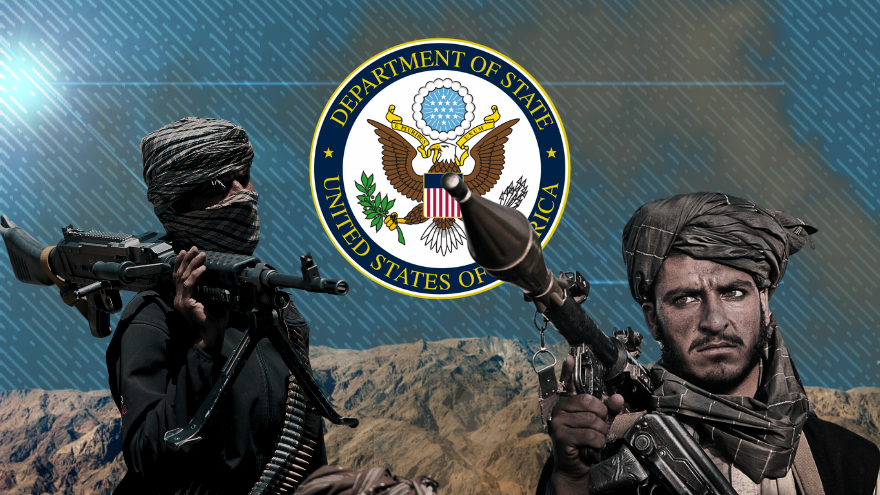To ensure that funds are not inadvertently sent to designated terrorist organizations, the State Department established guidelines, vetting processes, and risk assessments. However, a recent government audit by the Office of the Special Inspector General for Afghanistan Reconstruction (SIGAR) determined that two State Department bureaus — Democracy, Human Rights, and Labor (DRL) and International Narcotics and Law Enforcement Affairs (INL) — have failed to comply with these vetting requirements and cannot confirm that they have not inadvertently provided funding to the Taliban. According to the SIGAR report released this week, these bureaus “could not demonstrate their compliance with partner vetting requirements because they were unable to provide supporting documentation for many of their respective awards.” The audit found that these bureaus did not comply with federal document retention records, as paperwork demonstrating compliance with vetting requirements was missing from their financial award files. “Collectively, [the State Department] could not demonstrate their compliance with its partner vetting requirements on awards that disbursed at least $293 million in Afghanistan,” the report explained. The Taliban, which now controls Afghanistan’s government, has attempted to create or closely associate with Afghan nongovernmental organizations, underscoring the need for U.S. officials to assess the risk that American funding does not fall into the wrong hands. Last year, SIGAR reported that the U.S. and other international donors were sending about $80 million in cash shipments every two weeks. The money is placed in designated accounts in a private bank — none is deposited into the central bank or with the Taliban — and is supposed to be carefully monitored, audited, and inspected. Yet, because two State Department agencies have not complied with document retention requirements, it is nearly impossible to verify that foreign aid is not being routinely diverted to malicious actors. The report stated, "In contrast, because DRL and INL could not demonstrate their compliance with State’s partner vetting requirements, there is an increased risk that terrorist and terrorist-affiliated individuals and entities may have illegally benefited from State spending in Afghanistan." SIGAR recommended that Secretary of State Antony Blinken “take immediate action” to ensure that all bureaus comply with vetting requirements to provide lawmakers and oversight authorities with the ability to assess the risks posed by the department’s spending.Since 2001, the U.S. State Department has used various funding mechanisms for development and humanitarian projects to advance U.S. policy objectives in Afghanistan.
Government /
Biden Administration Unsure If It's Sending Money To The Taliban, Audit Finds
Missing Records Obscure $293 Million in Potentially Misallocated State Dept. Funds

*For corrections please email [email protected]*
